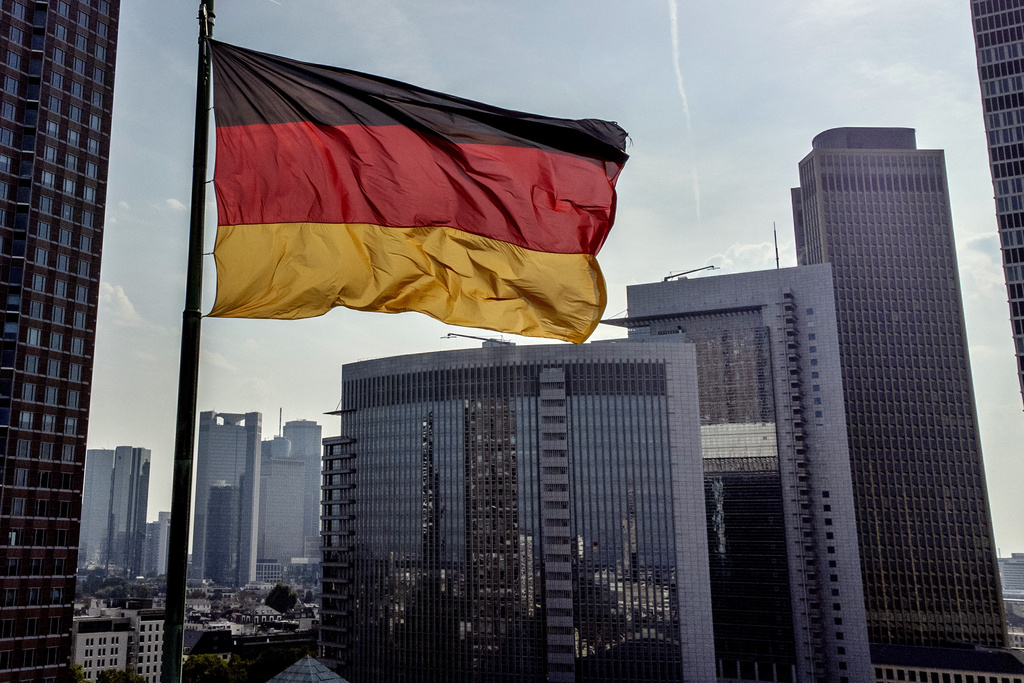The German government is increasingly unable to paper over its growing industrial crisis through increased hiring of government workers. Instead, the consequences of German economic policy are coming home to roost for the ruling government, with the number of companies either cutting or moving to cut workers growing to alarming levels.
While Germany has a record number of employees, reaching 46 million, the unemployment rate has steadily risen since 2022. All new hiring is obscured by the fact that nearly all jobs in recent years have been created in state-related sectors. Many of the workers being hired are also foreign workers.
As German newspaper Welt notes: “The number of job advertisements is plummeting, short-time work is making a comeback: Germany’s job market is hit by a crisis that has long been completely overlooked. In several sectors, this is leading to the loss of thousands of jobs — and permanently. Political help seems to be coming too late.”
In the productive economy, which includes manufacturing and construction, but also in the trade sector, job losses are increasingly alarming. Since 2018, employment levels have declined, job advertisements have cratered, and many companies say they have no plans to hire. Unemployment is also rising, while industrial production has remained flat.
The recent headlines show the trend line. The auto parts company ZF Friedrichshafen plans to cut 14,000 jobs, BASF 2,500, Bosch 1,200, Miele 1,300 and ThyssenKrupp probably several hundred. All of that pales in comparison to planned job cuts at Volkswagen, which could go up to 30,000. Many smaller construction and manufacturing companies have already laid off workers over the last few years.
At the same time, there were 50,000 employees added to the health sector, another 50,000 in nursing, and 48,000 public sector jobs were added compared to last year. Meanwhile, in the metal and electrical industry, 22,000 fewer people are working, 62,000 fewer in manufacturing, and 27,000 fewer in the construction industry.
Many of these industries are seen as the core of Germany’s wealth and economic power — and also tend to pay higher than other jobs. It is now possible that due to soaring energy prices, regulation, and high taxes, Germany is losing its status as a global industrial superpower.
Holger Schäfer, an economist from the German Economic Institute (IW), said that “it may have been hoped that companies would retain workers even during the downturn in order to be prepared for future demographic shortages.” However, the economic downturn has lasted too long for companies, and companies are now forced to cut staff.
The head of the Federal Employment Agency (BA), Andrea Nahles, is also focusing on the crisis in industry, stating at a press conference: “Of course I am very worried when well-paid jobs are cut.”
“Behind this are signs from entrepreneurs against Germany as a business location. That is an alarm signal for the labor market,” she said, adding that German companies are relocating abroad.
The souring economic environment is fueling negative sentiment towards the ruling government, which has seen record-low favorability ratings. The situation for Chancellor Olaf Scholz and the coalition parties may grow far worse before it gets better.






